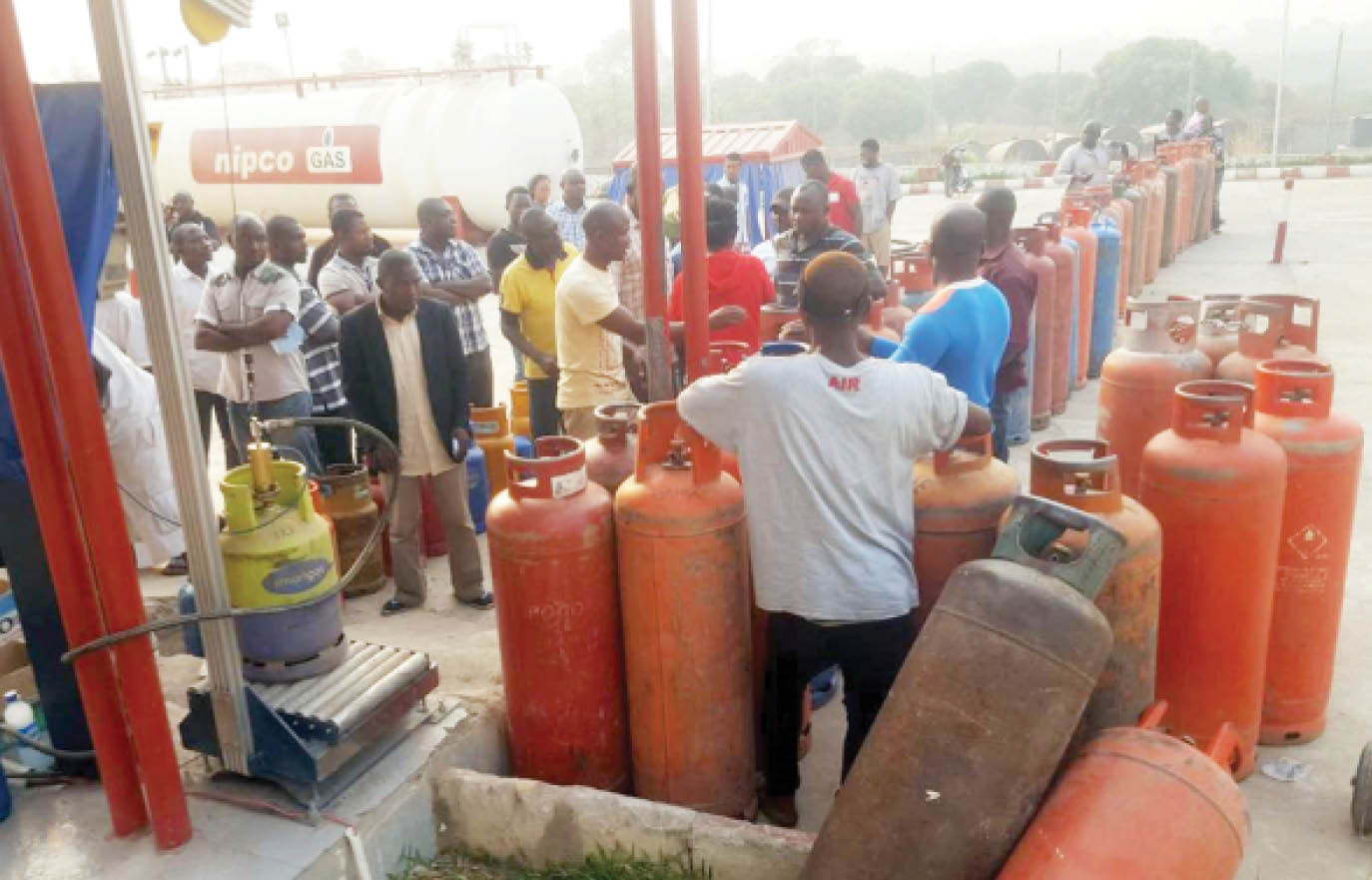The piece of opinion written by Dahir M. Hashim on the above topic and published in this lovely newspaper in its November, 10, 2021 edition compels me to express my views on the skyrocketing price of cooking gas in Nigeria.
Actually, the product is regarded as a preponderant clean-burning fuel that emits less carbon-dioxide than fossil fuels and emits no Black Carbon (BC), which is the leading contributor to global climate change.
Nations that are committed to climate change issue around the world are currently sparing no effort to facilitate affordability of cooking gas for their underprivileged citizens with a view to achieving goal 13 of the UN’s Sustainable Developments and other global treaties on climate change.
But unfortunately, the reverse is the case in Nigeria because the current nail-biting higher-inflation of the cooking gas implies that the country is really not taking its fight against climate change seriously. Consequently, the skyrocketing price of cooking gas is forcing majority of Nigerians to opt for charcoal, firewood and kerosene.
The way Nigerian government is treating the issue of deforestation with kids’ gloves reminds me of a British media personality, businesswoman and activist, Mrs. Heather Anne Mills who once said: “Eighty per cent of global warming comes from livestock and deforestation.” Prince Charles, who is the British Queen’s eldest son, also once said: “Forests are the world’s air-conditioning system, the lungs of the planet and we are on the verge of switching it off.”
Few days ago, more than 100 parties of the recent COP26 World Summit on climate change in Glasgow, Scotland including Nigeria, gave their words to put an end to the terrifying far-reaching deforestation by 2030 in their countries and achieve a net-zero target by 2060. So, the cardinal question here is, what actually is Nigeria doing now to put an end to its petrifying sweeping deforestation by 2030 and achieve a net-zero target by 2060 as pledged by President Buhari?
Being a country that has the largest natural gas reserves in Africa and the fifth-largest exporter of the Liquefied Natural Gas (LNG) and a party to a vast array of global climate change treaties, it is unfortunate how cooking gas is sold with the highest cost, compared to other nations around the world. The Minister of State for Petroleum Resources, Timipre Sylva, recently said that Nigeria discovered 206 trillion cubic feet of gas reserves and is expected to discover more 600 trillion.
President Buhari should lift the entire taxes on the cooking gas and strive to make it available and affordable, especially by low-income families across the country.
Mustapha Baba Azares, Alkali Musa Street, Bauchi State

 Join Daily Trust WhatsApp Community For Quick Access To News and Happenings Around You.
Join Daily Trust WhatsApp Community For Quick Access To News and Happenings Around You.


